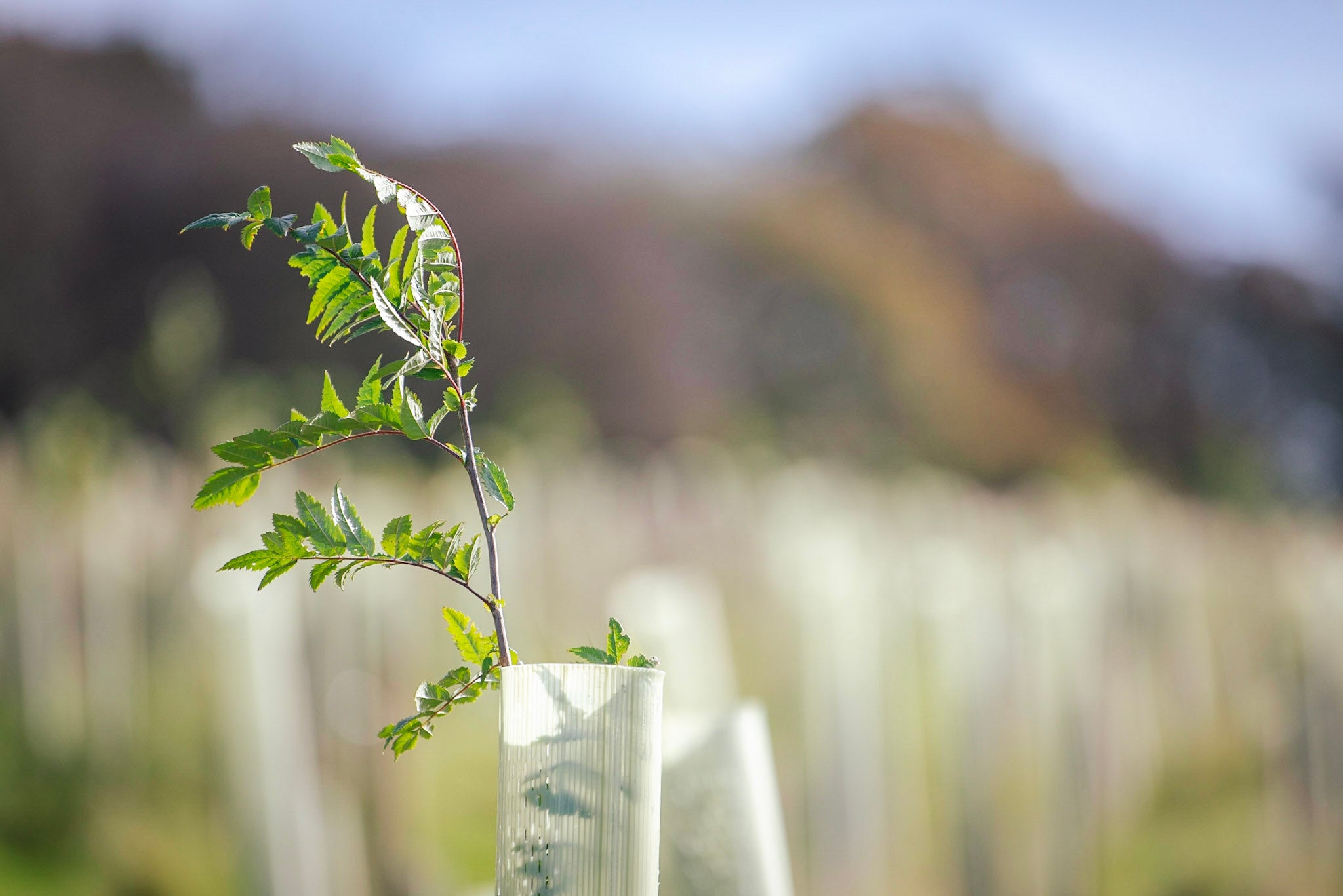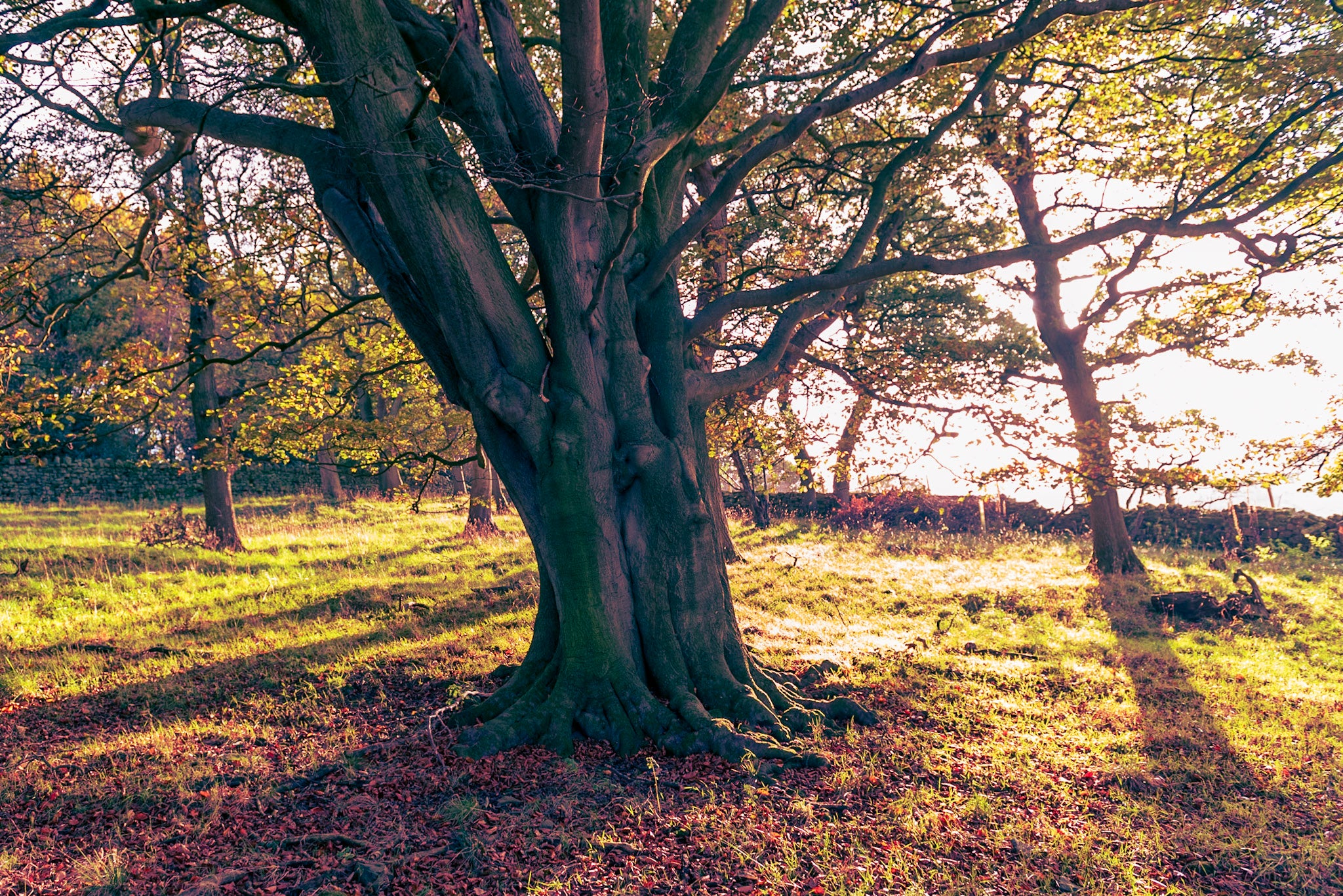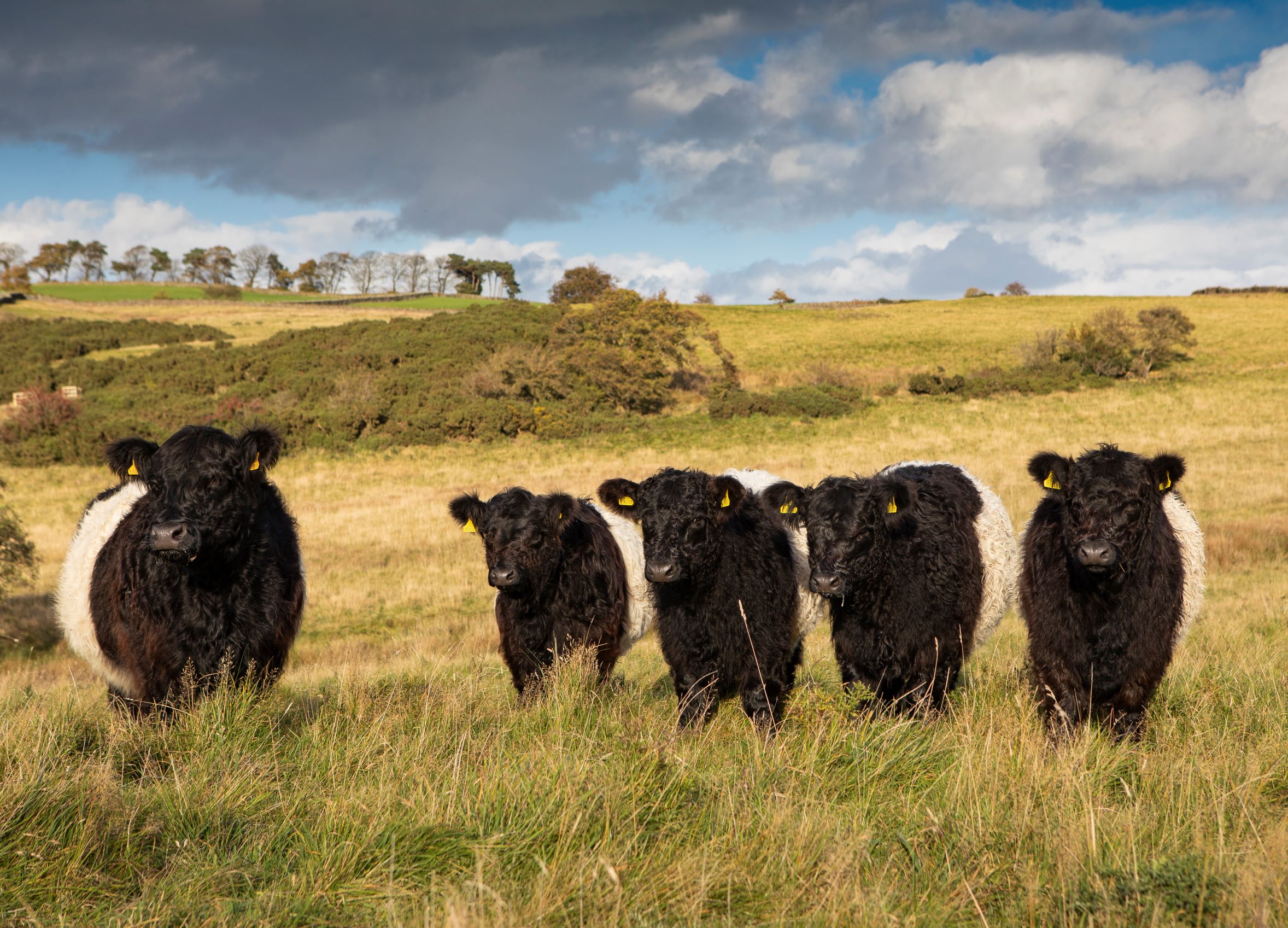Why rewilding is the UK’s coolest voluntourism trend
With woodland safaris, sustainable accommodation and the chance to get stuck in with nature, rewilding projects offer a whole new breed of holiday, finds Daniel Stables

Your support helps us to tell the story
From reproductive rights to climate change to Big Tech, The Independent is on the ground when the story is developing. Whether it's investigating the financials of Elon Musk's pro-Trump PAC or producing our latest documentary, 'The A Word', which shines a light on the American women fighting for reproductive rights, we know how important it is to parse out the facts from the messaging.
At such a critical moment in US history, we need reporters on the ground. Your donation allows us to keep sending journalists to speak to both sides of the story.
The Independent is trusted by Americans across the entire political spectrum. And unlike many other quality news outlets, we choose not to lock Americans out of our reporting and analysis with paywalls. We believe quality journalism should be available to everyone, paid for by those who can afford it.
Your support makes all the difference.“The plan is that, eventually, these will become the ancient woodlands of the future,” says Chris Neave who, along with wife Helen, helms the Make it Wild project in Yorkshire. “We won’t see them, our children won’t see them, even our grandchildren probably won’t see them – if you want to see this kind of thing, you have to wait 300 or 400 years.”
I’d joined them at Bank Woods near Harrogate, where they are expanding ancient and veteran woodland by planting a mixture of native broadleaf trees. Every tree that makes it to maturity overflows with life. “They say an ancient oak on its own will support a thousand different species – all the different tiny invertebrates, fungi, birds, and small mammals,” Chris said. “It’s just incredible; it’s an ecology in its own right.”
The conservation conversation often hangs on things we’re told we should cut out of our lives, or at least cut down on: flying, driving cars, eating meat. These directives are indeed important components in the fight to turn the tide against climate change, but they’re unlikely to convert the sceptical, who associate such measures with a diminishing, rather than an enhancement, of their lives. Rewilding, however, is something different: a positive act which visibly enriches our environment, and is, thanks to a growing number of projects with a tourism aspect, something that the public can increasingly get involved in themselves.

The Neaves run four rewilding projects across the county, with the aim of restoring land ravaged by overfarming to its wild state. Although this is a long game, their efforts are already bearing fruit. “We created a new woodland 11 years ago, and the return from what would have been a biodiversity desert in a field is what inspired us to carry on,” said Chris. “Even after five, six years, it was alive with birdsong, pollinators, mammals; foxes and deer live there now. It’s really heartening, and it’s proof that even if you do wreak damage and destruction, it can recover. You see the same thing in old quarries which have been allowed to fill with water and rewild: in 20 or 30 years, man’s industrial past is eradicated, and nature returns.”
It’s really heartening, and it’s proof that even if you do wreak damage and destruction, it can recover
Make It Wild is one of a number of rewilding projects which also welcomes visitors, with an eco-friendly self-catering cottage adjoining Bank Woods. “It’s got solar panels, air source heat exchange, and a lot of the furniture has been upcycled,” said Helen. “We’ve got an electric vehicle charger, and the guests have private access onto the nature reserve.” Activities on offer include mindfulness nature walks in the woods and the opportunity to volunteer with on-site projects such as tree planting, gorse clearing and checking bird boxes. A shepherd’s hut is set to be used for herbalist consultations, with a reiki studio above the cow barn.

Other examples at the intersection of rewilding and tourism include Knepp, the poster child of British rewilding. A host of rare species have flocked to this West Sussex estate since its conversion from farmland into a nature reserve in 2000, including nightingales, turtle doves and purple emperor butterflies. Knepp is partly funded by tourism, with safaris on offer around the estate’s blossoming ecosystems, and a range of stylish treehouses and shepherd huts where visitors can stay.
Some of the country’s biggest rewilding success stories have been in the realm of birdlife, with storks, kites and ospreys returning to British skies after decades or centuries away. At the forefront of these efforts is the RSPB, which offers opportunities to engage with rewilding nationwide on dozens of sites from Devon to Shetland. These range from guided walks and badger spotting to longer-term residential placements, where people can stay for a week, or even several months, helping with practical conservation tasks like maintaining trails and hides, and clearing troublesome plants like ragwort, willow and sea buckthorn.
As travel restrictions continue to impinge on the plans of British holidaymakers, rewilding escapes chime with the current appetite for domestic, outdoorsy, socially distanced adventures. There is hope, though, that this will precede a longer term, deeper rooted shift in the way people approach travel. A recent survey found that young adults are willing to spend 25 per cent more for an eco-friendly escape, and that 41 per cent of 18 to 24-year-olds want to be more environmentally and socially conscious while travelling.

Rewilding is no longer a fringe concern, but is increasingly being seen as a key factor in countering the climate catastrophe. The UK’s precious peatland has the potential to act as a vast carbon sink, and according to Rewilding Britain, one 10th of the country’s carbon emissions could be counteracted by restoring it, along with native woodland, wetland, and marine environments. No less a personage than David Attenborough recently spoke of his support for rewilding, saying: “A century from now our planet could be a wild place again. We have to do what nature has done. It worked out the secret of life long ago.”

Join our commenting forum
Join thought-provoking conversations, follow other Independent readers and see their replies
Comments